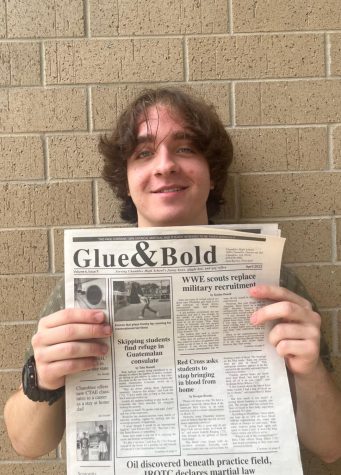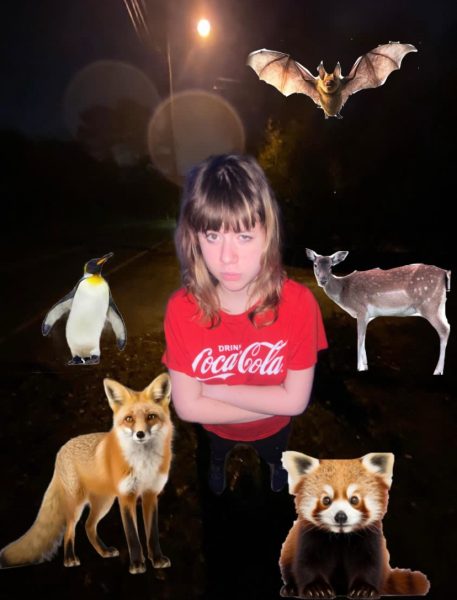A Brief Love Letter to Poetry, and how the American Public School System Failed Me.
In essence, poetry can be understood as the expression and communication of meaning through the manipulation of language, but what does that mean, and what does it mean to me? I think the key to understanding what poetry is, is to understand what it isn’t.
An author of prose can be likened to a photographer, he can use any camera he wants, he can use any combination of lenses or methods of digital processing in her repertoire, but ultimately he captures the reality of the thing. This thing may be fantastical or mundane, the photographer more or less skilled, but he cannot change the subject without changing the subject. A poet is more similar to a painter, no matter how real or naturalistic the painting is, every brush stroke matters to the message the painter is trying to convey through their canvas. A poet does not merely use the language and its ordinary rules as a medium to tell a story or convey a message, a poet endeavors to use every aspect of their chosen language to convey their subject.
While aspects of poetic language are commonly used in prose – evidenced by the extended simile in my comparison – another common hallmark of poetry is the use of a variety of methods to manipulate how the poem is read. More common examples of these methods lie in the use of rhyme scheme and meter, both of which serve to modify the reader’s inner voice. One who peers more deeply into how poets accomplish this may discover elements of music theory, with decrescendo and rhythm being quintessential to poetic meter.
And yet, I feel that the various curricula of the United States Public School System and their designers have done a particular disservice to the art of poetry. Particularly, and purely anecdotally, to the way that students are taught to consume it. Talking to my fellow students about the subject, I notice a trend of people being unable to even discern a difference between prose and poetry, and questioning if it matters. I think the general problem of the way poetry is taught in schools is that it is taught in the same way as prose, and often worse. Poetry is not taught as an art, but as a jigsaw puzzle, a series of pieces in a specified order to be put together according to the guidelines set forth by the instructor.
In conclusion, I love poetry, and I dearly wish that others will be able to find their own love for the art of language. If this piece contributes to that in any way, it will have fulfilled its purpose.
Addendum: A shortlist of my favorite poets, if you are struggling to find something to read, please consider the following;
Pablo Neruda,
Stephen Crane,
Homer,
Virgil,
Emily Dickinson,
Maya Angelou,
Walt Whitman,
and William Shakespeare.
Note that this list only contains primarily English-language poets, as I believe poetry is most effectively enjoyed in its original language. Exceptions are those poets who I believe to have satisfactory English translations. If you speak a language other than English, please seek out poetry in that language and enjoy it in its unaltered form.
Your donation will support the student journalists of Chamblee High School Blue & Gold. Your contribution will allow us to print editions of our work and cover our annual website hosting costs. Currently, we are working to fund a Halloween satire edition.

Jonah Jacobs is a sophomore and Staff Writer at the Blue & Gold, He is a varsity athlete and former candidate for class secretary. In five years, he sees himself as a multi-platinum artist under the pseudonym Kanye West Tha Second. If he could have dinner with anyone in history, he would choose celebrated Parisian artist Jay-Z.




Stephan Els • Mar 8, 2023 at 12:09 pm
Wow! What an article! Jonah delves into the complex topic of poetry, and masterfully delivers his opinion with an extensive vocabulary. 10/10